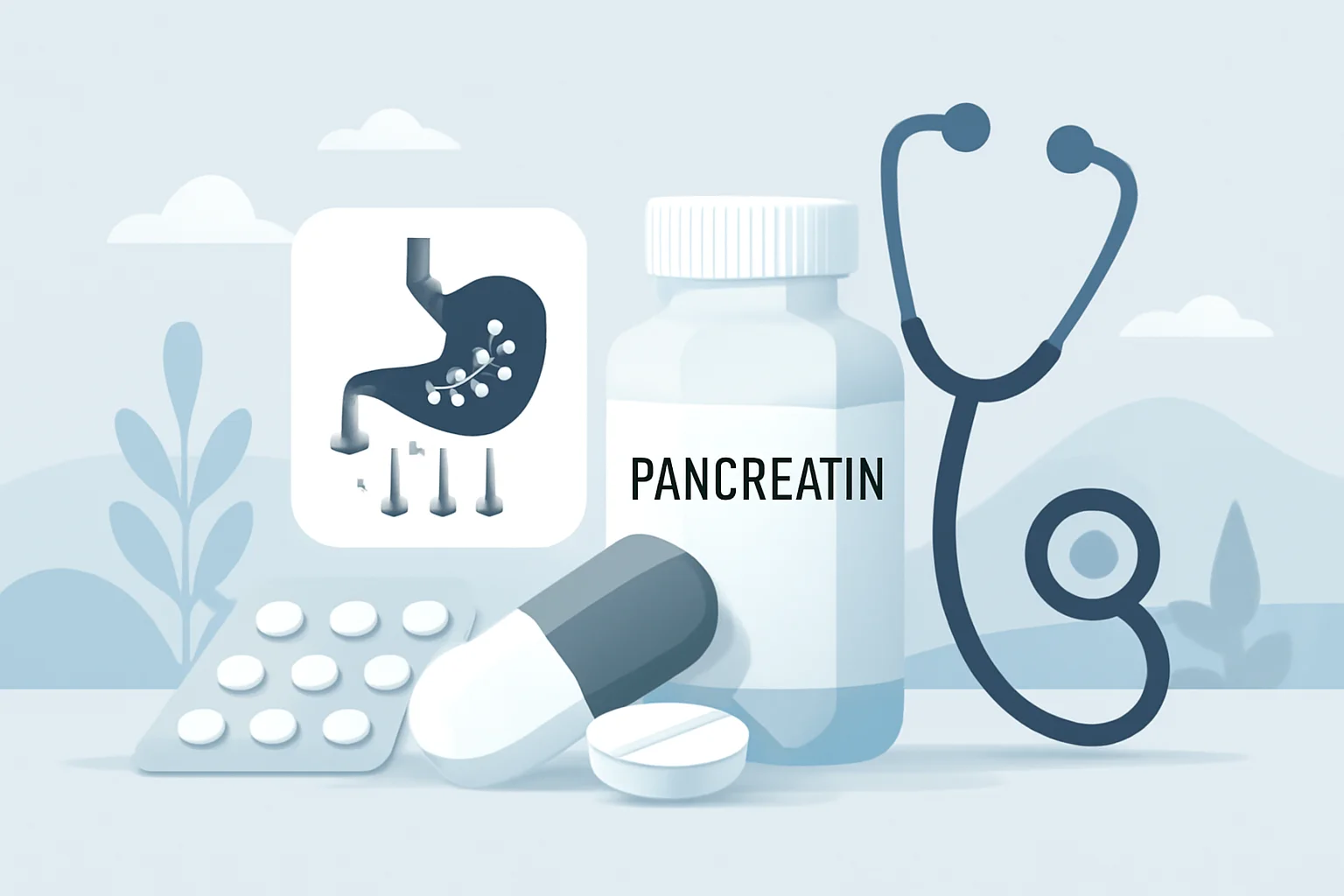
The Beneficial Effects of White Beans on Our Health
The white bean, as one of the oldest and most widespread leguminous plants, is not only a key ingredient in delicious dishes but also has numerous beneficial effects on our health. It has been consumed for thousands of years in various parts of the world, thanks to its high nutrient content and versatility. White beans are rich in protein, fiber, vitamins, and minerals, making them a nutritious food option. Additionally, they are particularly popular among vegetarians and vegans as an alternative to meat.
Not only does white bean have nutritional value, but the compounds found within it also contribute to its health benefits. The antioxidants help neutralize free radicals, while the fiber supports gut health. Regular consumption of white beans may contribute to the prevention of cardiovascular diseases, stabilization of blood sugar levels, and control of body weight. In this article, we will examine in more detail the beneficial effects of white beans, demonstrating why it is worth incorporating this nutritious plant into our diet.
The Nutritional Content of White Beans
White beans have an outstanding nutritional profile, which contributes to their popularity among health-conscious individuals. A serving of cooked white beans (approximately 100 grams) contains about 127 calories, 9 g of protein, 0.5 g of fat, and 27 g of carbohydrates. Additionally, they contain a significant amount of fiber, which helps maintain proper digestion.
White beans are also rich in vitamins, primarily B vitamins such as B1 (thiamine), B3 (niacin), and B9 (folate). These vitamins are essential for metabolic processes and cell health. Folate is particularly important for pregnant women, as it can contribute to the healthy development of the fetus.
Furthermore, white beans are rich in minerals, including iron, calcium, magnesium, and potassium. These minerals contribute to bone health, improve circulation, and support cardiovascular function. Thus, white beans are not only nutritious but also a versatile food with numerous health benefits.
In addition to their nutritional content, it is important to mention that white beans have a low glycemic index. This means that consuming white beans does not cause a sudden spike in blood sugar levels, which is particularly important for diabetics. Those following a gluten-free diet can also enjoy them freely, as white beans naturally do not contain gluten.
The Beneficial Effects of White Beans on Cardiovascular Health
Consuming white beans can have significant advantages for cardiovascular health. Low-fat and high-fiber foods like white beans may help reduce the risk of heart disease. The fiber helps lower cholesterol levels, which is essential for maintaining heart health.
The potassium found in white beans also plays a key role in maintaining cardiovascular health. Potassium helps regulate blood pressure by relaxing blood vessels, thereby reducing the pressure on the heart. Regular potassium intake can help prevent high blood pressure, which is a major risk factor for heart disease.
Additionally, white beans contain antioxidant compounds that help reduce inflammation and maintain heart health. Inflammatory processes can contribute to the development of heart diseases, so reducing them is crucial for maintaining heart health.
Therefore, regular consumption of white beans is not only delicious but also plays an important role in preserving cardiovascular health. It is worth incorporating them into the diet, such as in salads, soups, or main dishes, to take advantage of their beneficial effects.
White Beans and Blood Sugar Regulation
White beans can play a significant role in stabilizing blood sugar levels, which is particularly important for diabetics and those with insulin resistance. They are considered low glycemic index foods, meaning they raise blood sugar levels slowly, thus preventing sudden fluctuations.
The high fiber content of white beans also contributes to blood sugar regulation. The fiber helps slow down the absorption of carbohydrates, thereby gradually providing the necessary energy for the body. This not only helps stabilize blood sugar levels but also contributes to maintaining a feeling of fullness, which can aid in preventing overeating.
Regular consumption of white beans can also help improve insulin sensitivity in diabetics. Nutrients like magnesium and fiber can help the body use insulin more effectively, which is crucial for proper blood sugar regulation.
Moreover, white beans are rich in antioxidants that help reduce inflammation in the body. Inflammatory processes can contribute to the development of diabetes complications, so consuming white beans can play an important role not only in blood sugar regulation but also in preventing complications.
The Role of White Beans in Weight Management
White beans can be an ideal choice for weight management, thanks to their high fiber and protein content. These components help maintain a feeling of fullness, leading to lower calorie consumption throughout the day. The digestion of fiber takes longer, so we feel satisfied for a longer period.
Additionally, white beans are low in fat, which can help reduce daily caloric intake. Proteins also play an important role in weight management, as they help preserve muscle mass and enhance fat burning. Increasing muscle mass contributes to improving metabolic rate, allowing us to burn more calories even at rest.
White beans are extremely versatile and can be easily incorporated into various dishes. They can be consumed in salads, soups, main dishes, or even mashed. The variety of dishes helps prevent our diet from feeling monotonous while enjoying the beneficial effects of white beans.
It is important to mention that consuming white beans alone is not sufficient for weight loss. A balanced diet and regular physical activity together can help achieve the desired results.
Thus, white beans are not only tasty and nutritious but can also play an important role in weight management, making them worth incorporating into our diet.
This article does not constitute medical advice. Always consult your doctor or healthcare professional for health issues.

